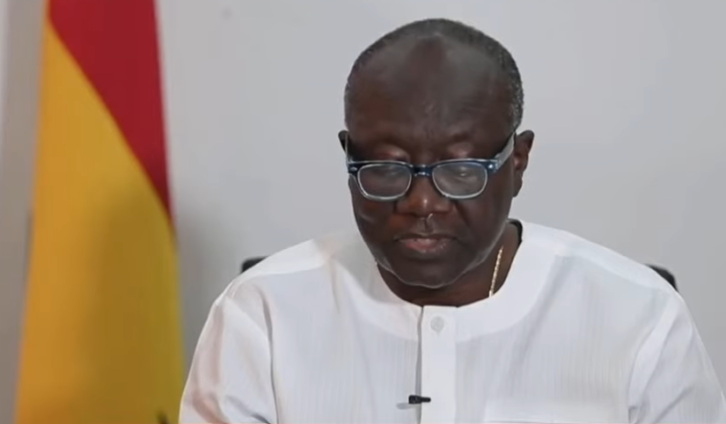The Finance Minister, Ken Ofori-Atta, has emphasised that Ghana’s International Monetary Fund is to ensure social protection.
According to him, the programme will mitigate the impact of economic adjustment on the most vulnerable, whilst strengthening existing social intervention programmes such as Lively Empowerment Against Poverty (LEAP), National Health Insurance Scheme, Capitation Grant School Feeding Programme, amongst others.
The International Monetary Fund (IMF) said in a statement after approving the $3 billion bailout package that Ghana has made progress on poverty reduction over the last three decades, although regional inequalities have deepened.
Gross Domestic Product (GDP) per capita increased from $400 to $2,300 during 1990-2020. The share of the population living below the poverty line fell from 52.7% in 1991 to 23% in 2016.
However, large regional disparities increased, with the Southern wealthiest regions seeing continuous poverty reduction, while poverty stagnated or increased in the North.
Ghana’s social spending could be more efficient and targeted to the most vulnerable.
It therefore said the targeted social protection programmes are small with annual spending at less than 0.5% of GDP.
The flagship targeted cash transfer program, the LEAP, it said has proven to be efficient in reducing poverty. However, it only covers 50% of the extreme poor, has seen an erosion of the real value of the benefits it provides and has been disbursed with considerable delays.
For education, it said Ghana spends close to 4% of GDP on education with good results in terms of enrollment but poor learning outcomes.
It pointed out that the flagship programme Free Senior High School (SHS), which covers the full cost of secondary education, has helped increase enrollment but is poorly targeted.
Key identified areas of potential improvement of education spending include strengthening primary education resources, better teacher training, and stronger performance-based funding practices.
On health, the Fund said public health expenditures amount to 3.5% of GDP.
“While Ghana performs relatively well in terms health outcomes, disparities in access remains a key issue. The National Health Insurance Scheme (NHIS) is meant to be universal but only covers half of the population. Identified reform priorities include increasing the NHIS coverage, securing its long-term funding and expanding its basic care package.”
Latest Stories
-
UMB appoints Mrs. Daphne Oppong as Head of Human Capital
8 minutes -
A Legacy of Leadership: An impactful public service journey!
13 minutes -
Eni Ghana and its OCTP Partners, Vitol and GNPC, launch Sankofa East 1X Side Track 2 activity
57 minutes -
MFWA condemns assault on JoyNews’ Latif Iddrisu
59 minutes -
TAF College pursues transformation of jobless youth into entrepreneurs
1 hour -
Sidi Tah of Mauritania elected President of AfDB
1 hour -
The Tah Doctrine: A Presidential Mandate for Africa’s Next Chapter
1 hour -
Minority MPs walk out of Parliament over ‘harsh’ bail conditions for Chairman Wontumi
1 hour -
Minority storms EOCO HQ to demand Wontumi’s release
2 hours -
NRSA threatens court action against Accra assemblies over illegal billboards
2 hours -
Ghana embraces digital technology to transform dental healthcare
2 hours -
Hannah Bissiw, Atiwa West DCE lead operation to arrest 10 illegal miners
2 hours -
Oppong Nkrumah demands these 7 gov’t policy documents for effective oversight
2 hours -
Ghana EXIM Bank and Saudi EXIM Bank collaborate to facilitate trade; sign MoU
3 hours -
Prioritise upgrade of Paga/Navrongo Airstrip into regional airport – Paga Youth Movement to Mahama
3 hours

